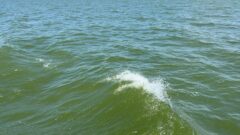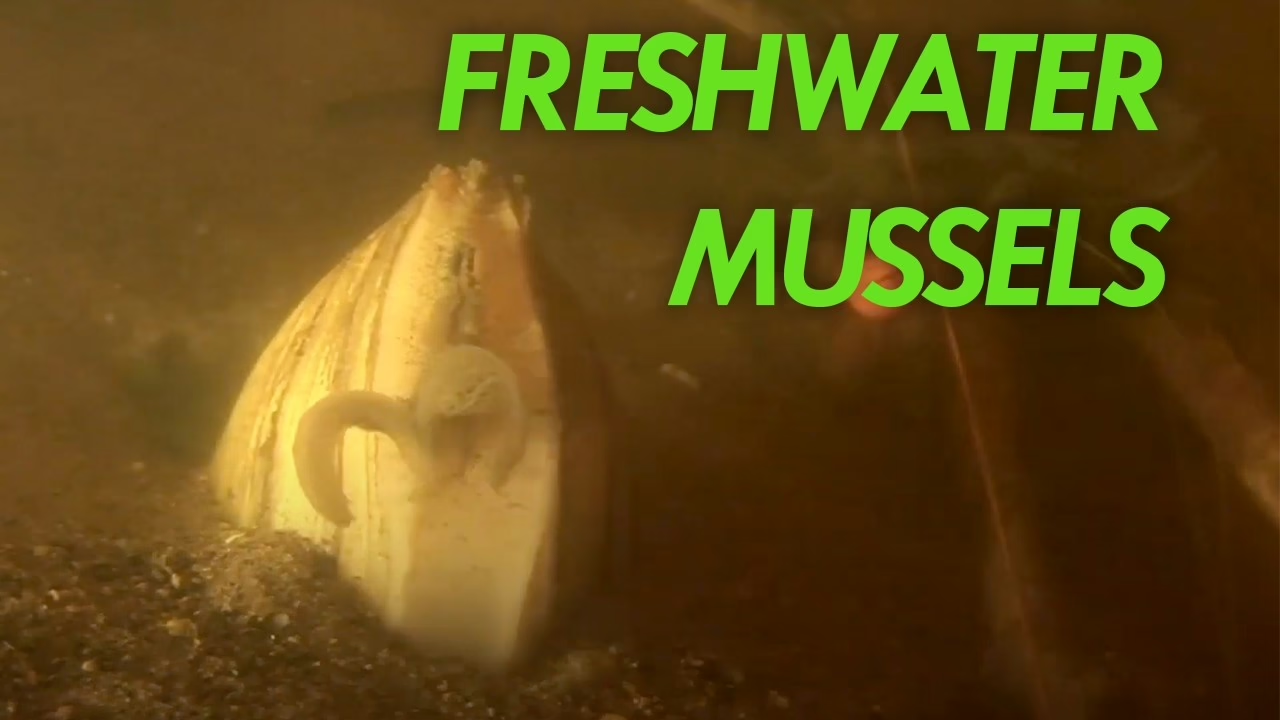Tag: Science, Technology, Research
What would the Great Lakes region be like with bullet trains?
A few months ago, I was riding on Amtrak’s new Borealis line from St. Paul, Minn., to Chicago. The train was packed that day, and the new line has proved popular.
My coach seat was much nicer than any airline. Plus, I didn’t have to go through security.
Putting passion to pages: Minnesota authors release second guide to state wildflowers
This article was republished here with permission from Great Lakes Echo.
By Shealyn Paulis, Great Lakes Echo
Within Minnesota’s wetlands, forests and prairies, thousands of different species of wildflowers bloom annually – some only once and in the evening. In their second book, two Minnesotan women put their passions to paper and set out to uncover all the state flora has to offer.
One world, two Great Lakes
A tropical lake in Central Africa might not seem like the first place you would look to gain insights into North America’s Great Lakes. But that’s just what researchers from Bowling Green State University (BGSU) in Ohio have been doing for the past three years.
Lake Victoria is the largest of Africa’s Great Lakes, the second largest in the world after Lake Superior.
I Speak for the Fish: Is it a rainbow trout or a steelhead?
Rainbow trout and steelhead are two of the most popular sport fish in the Great Lakes. They also hold three spots on my lifetime list of all-time great dives.
An 8-inch juvenile rainbow was the first fish I ever hand-fed in the Great Lakes. My partner, Greg Lashbrook, and I had fed fish before at several different Caribbean dive resorts.
Stunning new research reveals the Great Lakes pre-date North America
It is widely known by lovers of the Great Lakes that their unique shape was caused by glaciers melting and receding northward. That was approximately 20,000 years ago. However, new research published in Geophysical Research Letters suggests this treasured landmass started forming hundreds of millions of years ago, long before the theory of plate tectonics, when Pangea likely separated into the continents we recognize today.










